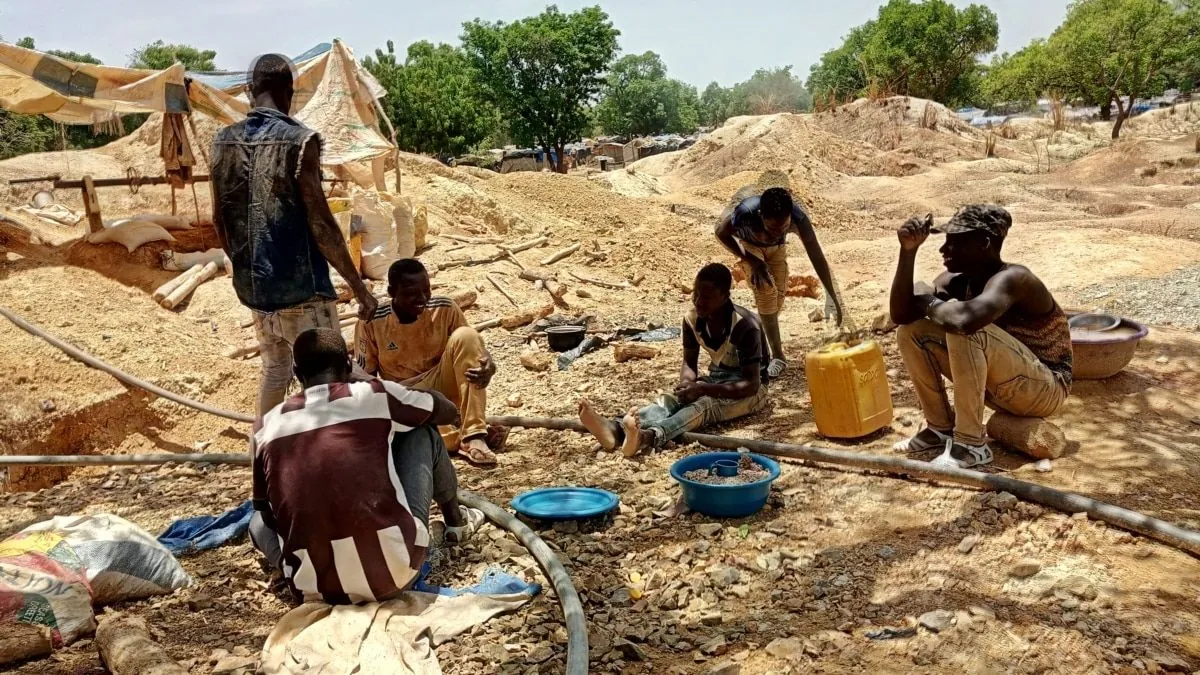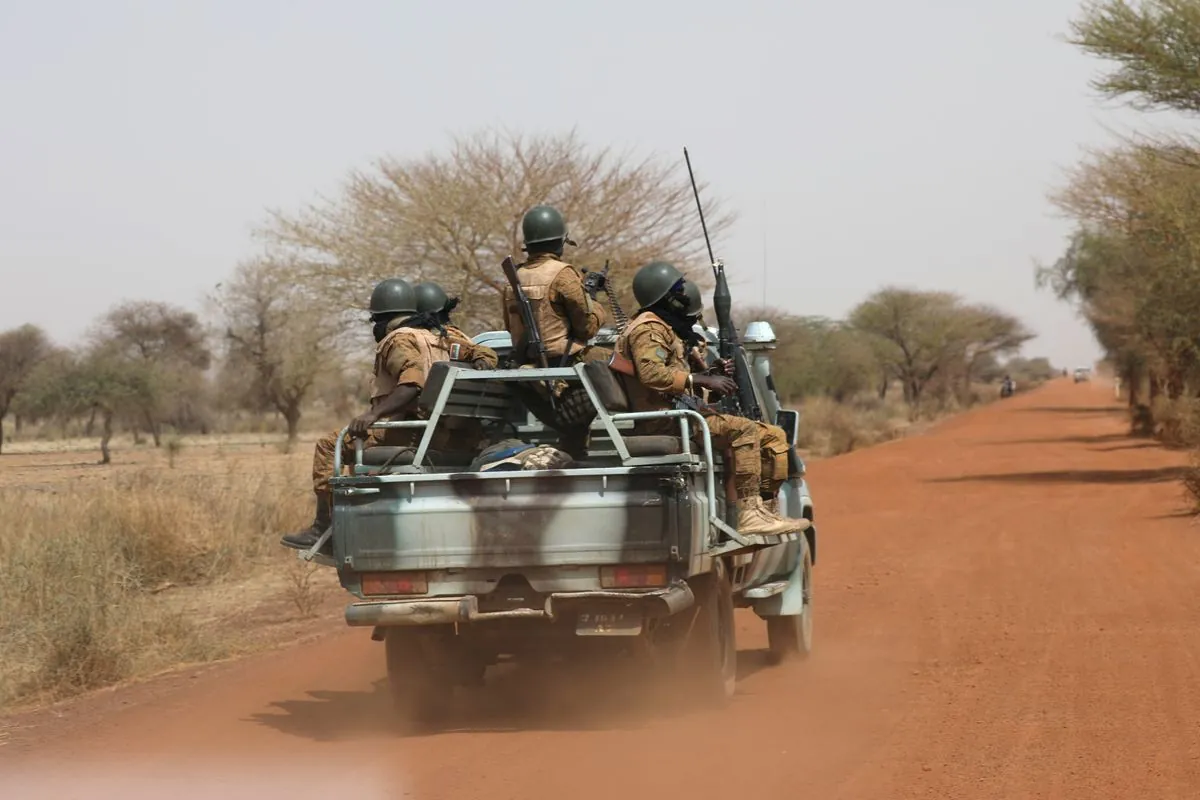Burkina Faso Junta Leader Signals Shift in Mining Policy, Citing Self-Reliance
Burkina Faso's junta leader announces plans to revoke foreign mining permits and boost domestic gold production. The move comes amid security challenges and changing international alliances.

In a significant policy shift, Ibrahim Traore, the junta leader of Burkina Faso, has announced plans to revoke mining permits from foreign companies and increase domestic gold production. This declaration comes two years after Traore assumed power through a coup in October 2022.
"We know how to mine our gold and I don't understand why we're going to let multinationals come and mine it. In fact, we are going to withdraw mining permits."
Burkina Faso, the fourth-largest gold producer in Africa, has seen its gold production surge from 0.6 tonnes in 2008 to over 70 tonnes in 2021. The mining sector contributes approximately 20% to the country's GDP, highlighting its crucial role in the economy.
Several international mining companies currently operate in Burkina Faso, including Endeavour Mining from the UK, West African Resources from Australia, Nordgold from Russia, and Orezone Gold Corporation from Canada. The country boasts more than 15 major gold mines, underscoring its significant mineral wealth.
However, the mining industry faces substantial challenges due to escalating security concerns. Despite the junta's promises to combat groups affiliated with Al Qaeda and Islamic State, 2023 witnessed a severe increase in deadly attacks. According to the U.S.-based crisis-monitoring group ACLED, over 8,000 people reportedly lost their lives in these incidents.
This security crisis has played a crucial role in shaping Burkina Faso's recent political landscape. Since seizing power, the junta has distanced itself from long-standing Western allies and sought closer ties with Russia. This shift in international relations reflects the complex geopolitical dynamics in the region.

Burkina Faso's history has been marked by political instability since gaining independence from France in 1964. The country, whose name translates to "Land of Incorruptible People," has experienced multiple coups. With a population of about 21 million as of 2024 and a median age of 17.9 years, Burkina Faso faces significant developmental challenges.
The nation ranks 182nd out of 189 countries in the UN's Human Development Index, making it one of the world's poorest countries. The literacy rate hovers around 41%, and life expectancy is among the world's lowest at 62 years. Agriculture employs about 80% of the workforce, while the mining sector has become increasingly important for the economy.
As Burkina Faso grapples with these multifaceted challenges, including environmental issues like desertification, the government's focus on self-reliance in gold production represents a significant shift in economic policy. This move could have far-reaching implications for the country's development trajectory and its relationships with international partners.
The situation in Burkina Faso continues to evolve, with the outcomes of this new mining policy yet to be seen. As the country navigates these changes, it remains an important player in West African geopolitics and a member of the Economic Community of West African States (ECOWAS).


































